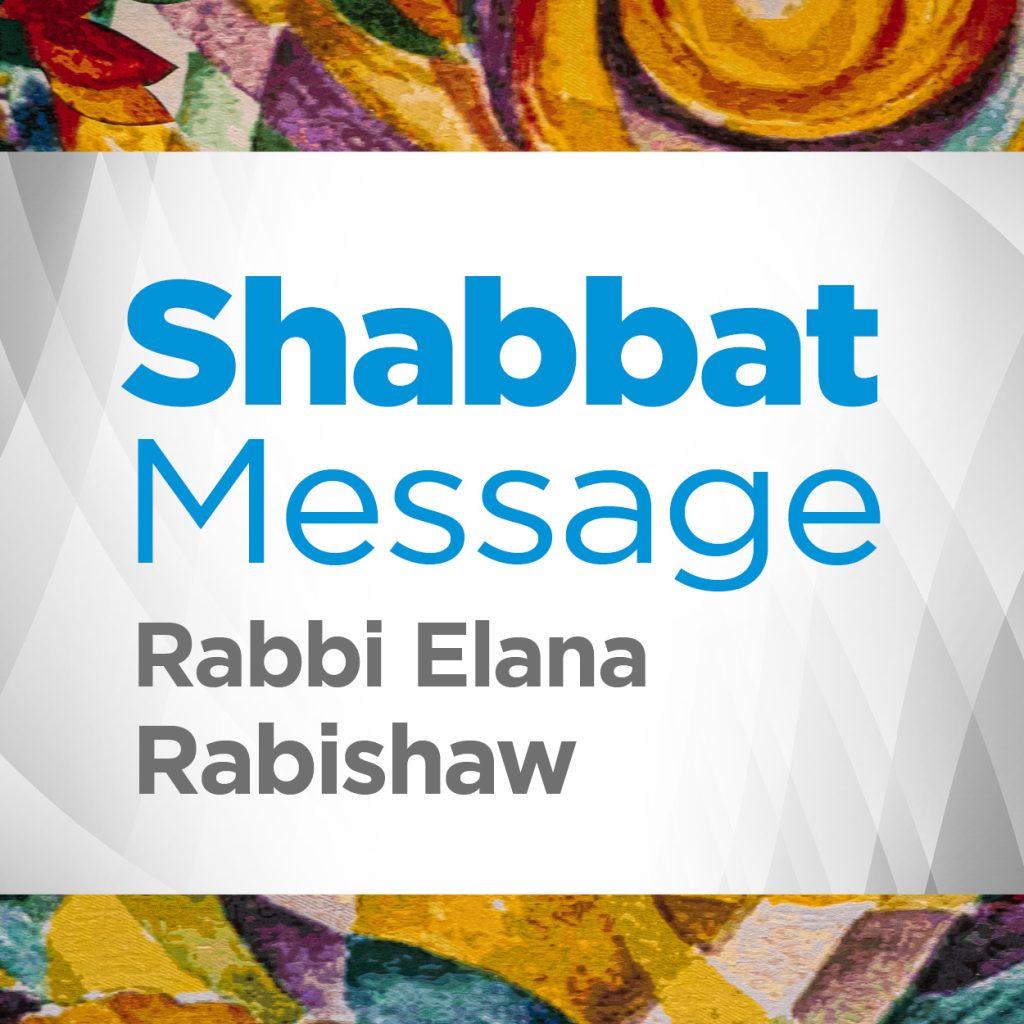The other day, I turned my car on to Jimmy Buffet singing the song, “Changes in Latitudes, Changes in Attitudes.” The opening words were almost like Buffet was singing about this time before the High Holy Days. “I took off for a weekend last month, just to try and recall the whole year, all of the faces and all of the places, wonderin’ where they all disappeared…”
Tomorrow begins the month of Elul, the month that precedes the High Holy Days. One of my teachers in rabbinical school, Rabbi Richard Levy z”l, said that “preparing for Rosh HaShanah was a marathon, not a sprint.”
The month of Elul, he taught, is a time to do Cheshbon HaNefesh, “an accounting of our soul”, a time to reflect on the past year, and how we can improve ourselves in the year to come. If we spend time doing this work before sitting down for services, our introspective muscles will already be warm as we get into the depth of the worship experiences.
This week, we read Parashat Reeh, which begins with God offering a choice to each member of the People of Israel. The first is the choice to follow God’s commandments, and be rewarded with blessing. The second is the choice not to follow God’s commandments, and find that there is curse instead of blessing.
The Israelites are finally about to cross into the Promised Land after centuries of slavery and generations of wandering. With all of the time and anticipation that it has taken to reach this moment, it hardly seems like a choice to follow God’s commandments and be blessed.
Instead of thinking that we have to follow God’s commandments, what would happen if the Israelites reframed this thinking as we choose to follow God’s commandments? Why? Because blessing is a good reason for choosing to do something.
The Israelites largely see their experience in the desert as a series of things that happened to them in the desert. They ran out of food, they ran out of water, they were given instructions for the time that they would reach their destination. Then they were told that only two members of the wandering generation would be able to enter the Promised Land, not even Moses would reach the land.
What would happen if instead, the Israelites looked at the time in the desert in terms of the choices that they made?
When the Israelites complained to Moses and Aaron that they didn’t have food, God provided it, and told the Israelites not to ration it because it would be plentiful. Still, the Israelites chose not to listen.
Time and time again in the desert, the Israelites chose not to listen. Tribal leaders organized revolts to demonstrate their lack of faith. Even Moses chose not to listen to God and hit a rock, causing him to not be allowed into the Promised Land. Blessing came when the Israelites were loyal, and to the two spies who had faith.
It is easy for us to look at the past year through the things that happened to us. This event was canceled because of COVID. Inflation rates affected me. Everything became prohibitively expensive. It is more challenging to look back and acknowledge the choices that we made during the year. However, when we do this, each of us are in a better position to do our individual work of tshuvah.
When we look at our actions as choices and consequences, we also have the opportunity to look at why we made certain decisions. This can put us back in the driver’s seat to think about what we want to accomplish in the year to come. What would being rewarded with blessing look like for each of us?
May our personal work of introspection help us answer the question of what blessing in our lives can look like, and may we each be empowered to make choices that will lead us there.
Shabbat Shalom,









